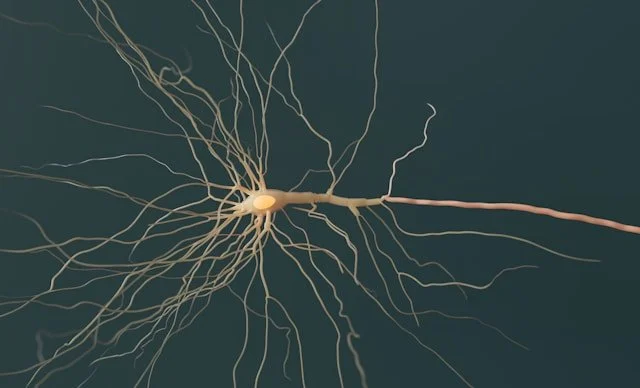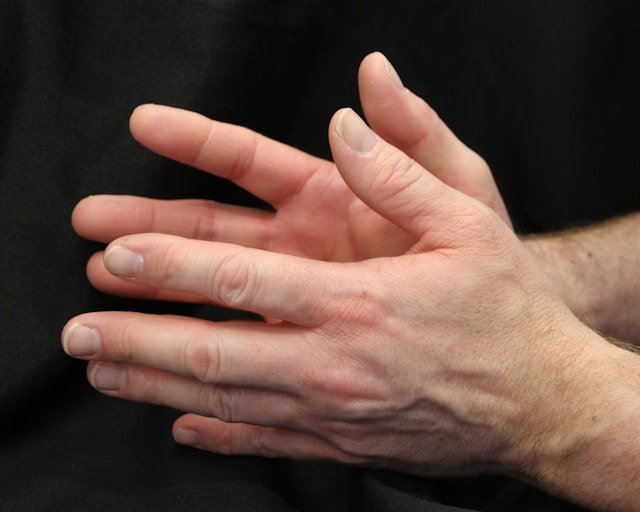
Kinesiophobia - when movement becomes a threat
Kinesiophobia
"I'd rather not move - I don't want to break anything again."
"If I bend down, the pain comes back - it was the same last time."
"I'd do sport, but I'm just too scared."
We encounter these phrases every day in our practice. There is often more behind them than just caution: a deeply rooted fear of movement - kinesiophobia.
The term is made up of the Greek kinesis (movement) and phobos (fear) and describes a psychological reaction that can significantly influence the course of chronic pain.

Pain & calf cramps - when muscles sound the alarm
Calf cramps
A sudden, stabbing pain in the calf - usually at night, often without warning. Seconds that feel like minutes. The muscle contracts hard and unyieldingly, nothing works anymore. Afterwards, there is often a dull aftertaste, a pulling, an uneasy feeling - in the body and in the head.
Calf cramps are one of the most common neuromuscular complaints - and yet they are poorly understood. This is because their causes are as varied as the patients themselves.

Pain & trigeminal neuralgia - When lightning strikes the face
Trigeminal neuralgia
is one of the most painful diseases in the human body - as sufferers report time and again. Like an electric shock, a knife thrust or a sudden flash of lightning that seems to strike the face for no reason. Hardly comprehensible to outsiders, but often existentially stressful for those affected.
The attacks of pain come on suddenly, last seconds to minutes, are sharp, stabbing, shooting - usually on one side of the cheek, upper jaw, lower jaw or forehead. Even the smallest triggers such as wind, chewing, brushing your teeth or even speaking can provoke the attacks.
What remains is not only pain, but often also fear: of the next attack, of losing control, of social withdrawal.

Pain & joint rheumatism - When movement causes anxiety
Rheumatoid arthritis
- usually referred to medically as rheumatoid arthritis - is more than "just" an inflammation of the joints. It is an autoimmune disease that affects the entire system: metabolism, immune system, psyche and attitude to life.
The pain is omnipresent: stiff in the morning, pulling during the day, throbbing at night. It wanders, flares up, calms down again - and over time leaves behind not only physical but also emotional traces.
We hear statements like this again and again in therapeutic practice. And they show that pain is not just a physical event. It is a warning signal - and often part of a much larger, inner state of alarm.
